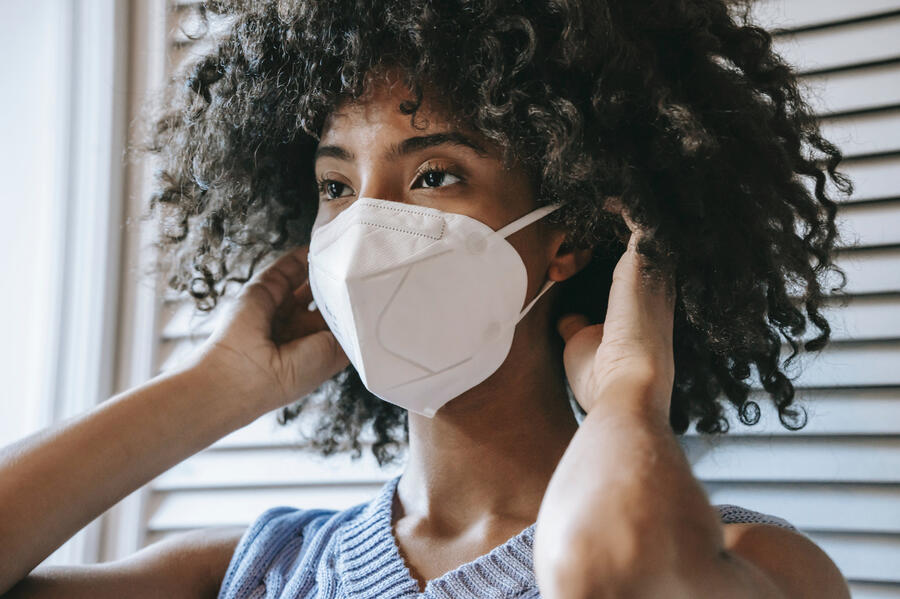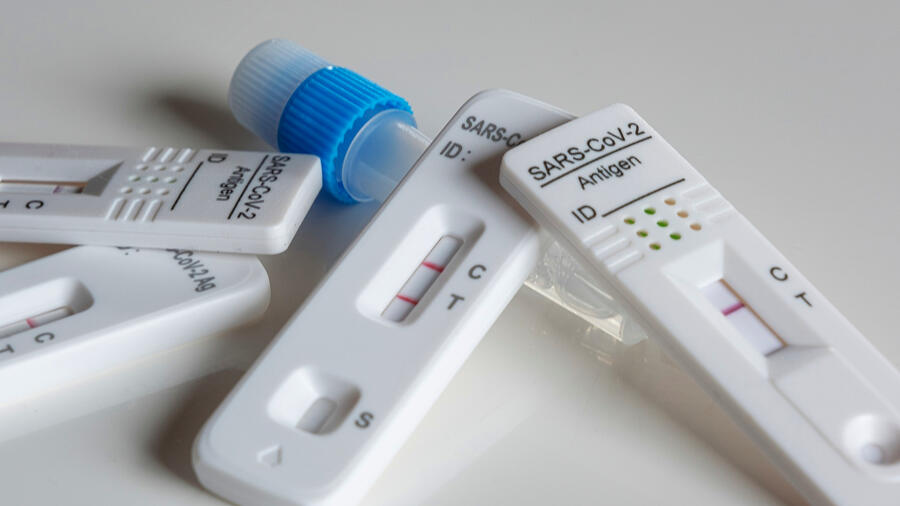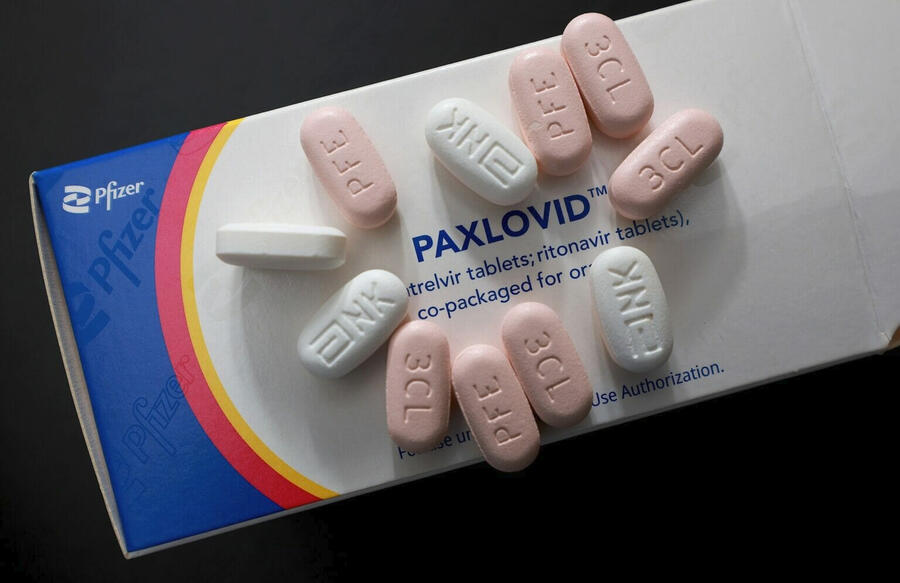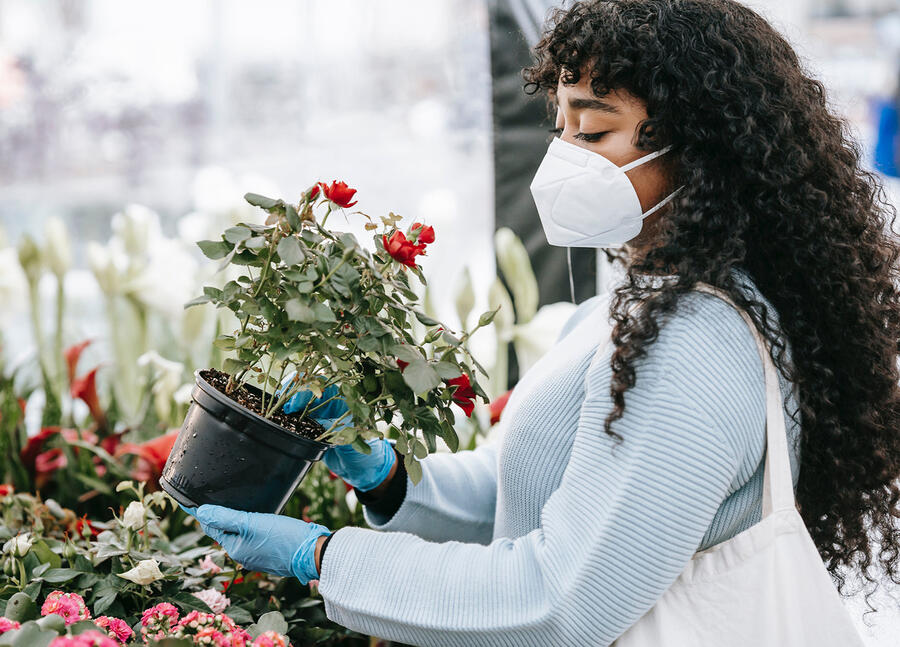I might have COVID.
Now what?
A resource for people in British Columbia, Canada and beyond.Please note this information is only for educational purposes, and is not a substitute for medical advice and assessment. If you have individual medical concerns or are experiencing serious symptoms, please seek medical advice or care.Any product links are for convenience only. This post is not sponsored, and no commission is being made.Last updated: August 17, 2025

1. PROTECT
COVID-19 is an extremely contagious illness that spreads through the air like smoke. You can catch COVID-19 with as little as 5-10 seconds of exposure. It can linger in the air even after an infectious person has left the room.If you might have COVID (or another airborne illness), you should take measures to avoid giving it to others:• wear a high-quality mask (respirator)
• use an air purifier or open windows to ensure cleaner air
• stay home until you repeatedly test negative
• notify others who may be affectedYou can be contagious before you feel sick, and remain contagious even after your symptoms improve. Up to 59% of COVID transmission occurs without or before symptoms.While vaccination is a vital tool, people who have been vaccinated can still catch and transmit COVID-19.
2. TEST
If you haven't tested yet, now's the time! In BC, you can still get rapid tests for free at many pharmacies.You can also request them from mutual aid groups like Masks 4 East Van.Note that rapid tests are not as sensitive to newer variants of COVID-19. If you test positive, you probably have COVID. But if you test negative, you might still have COVID - so keep testing and taking precautions!
Note: PCR (molecular) testing is more accurate at diagnosing COVID-19, but may be less financially accessible, and availability varies by region. Learn more about home molecular tests here. If you do not have access, ask around in the community - other people might have testing devices you could borrow!


3. TREAT
If you are experiencing severe symptoms such as chest pain, disorientation or difficulty breathing, please seek medical care.For adults with "mild to moderate" symptoms, the antiviral Paxlovid can be taken within 5 days of symptom onset, to reduce chances of more severe illness and death.In BC, people with specific medical conditions can get a prescription at no cost. (Ask your prescriber.) Note that not all pharmacy locations stock Paxlovid: you may have to phone around a bit, or ask community members.Metformin (a common medication for diabetes) has also been shown to reduce the chances of developing Long Covid. You can request it by showing your care provider this study from The Lancet.
There are other things you can do for COVID-19 at home. For example, nasal irrigation, nasal sprays (like Betadine or Vicks) and CPC mouthwash may reduce viral load.
4. REST
Even people who experienced mild or no symptoms during their initial COVID infection should rest, and avoid exercise for 6-8 weeks if possible. Longer-term symptoms can emerge on a delay, and a COVID infection can also induce changes in skeletal muscle structure and function that are worsened after exercise.


5. NEXT STEPS
A COVID-19 infection may change the timing of your next vaccine dose. A 3-6 month interval is often recommended for the best immune response, though this must be balanced against the risks of reinfection. Note that getting COVID does not prevent you from getting it again, especially as there are many different variants.Once you have had COVID, it is important to monitor for new health issues, which can affect you years after the initial infection.It is also important to try and avoid getting it again. COVID can damage the immune system, leaving you more vulnerable. The odds of long-term health damage increase with each reinfection.
Worried you might have Long COVID (longer-term symptoms from COVID-19)? Learn more about it here.
Why this matters
It's important to take care of yourself if you get sick, and to avoid infecting other people. Unfortunately, COVID is not only a serious illness, it is very widespread: at times, as many as 1 in every 14 people in BC or Canada have been infected at once.Even if you don't have obvious symptoms or your symptoms feel "mild", the SARS-CoV-2 virus can wind up causing damage to the body. The odds of getting Long COVID are at least 10-30% per infection, and 1 in 9 Canadians have developed Long COVID so far.Getting COVID can also increase the risks of developing other serious health conditions like diabetes, blood clots, heart problems, brain problems, autoimmune diseases, and cancer. And for some, COVID-19 remains very deadly: in Canada, COVID is still one of the top causes of death.